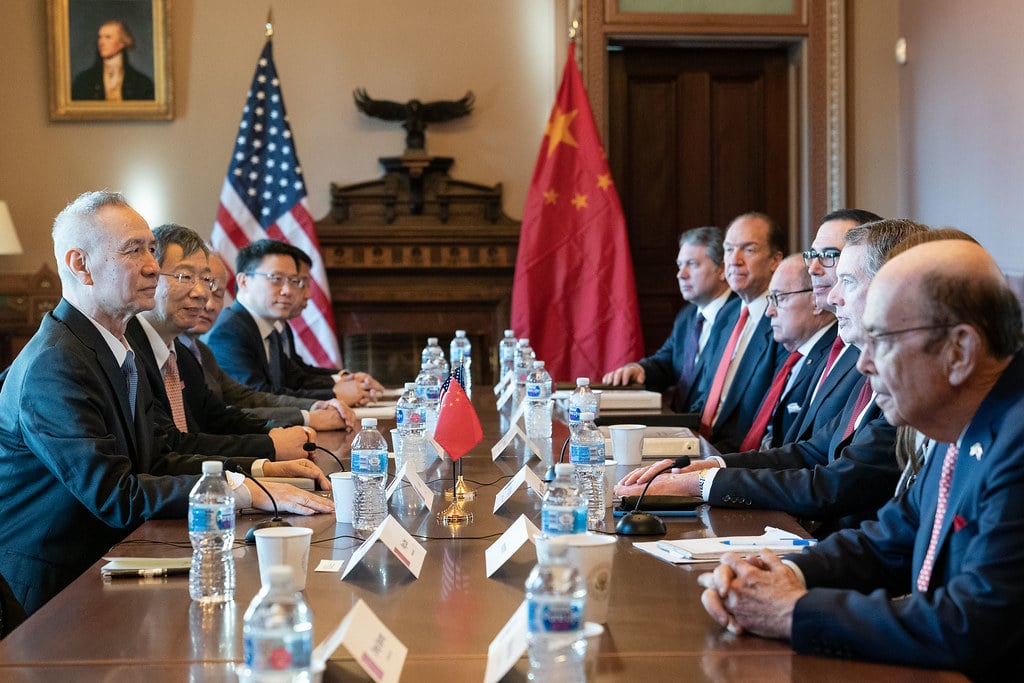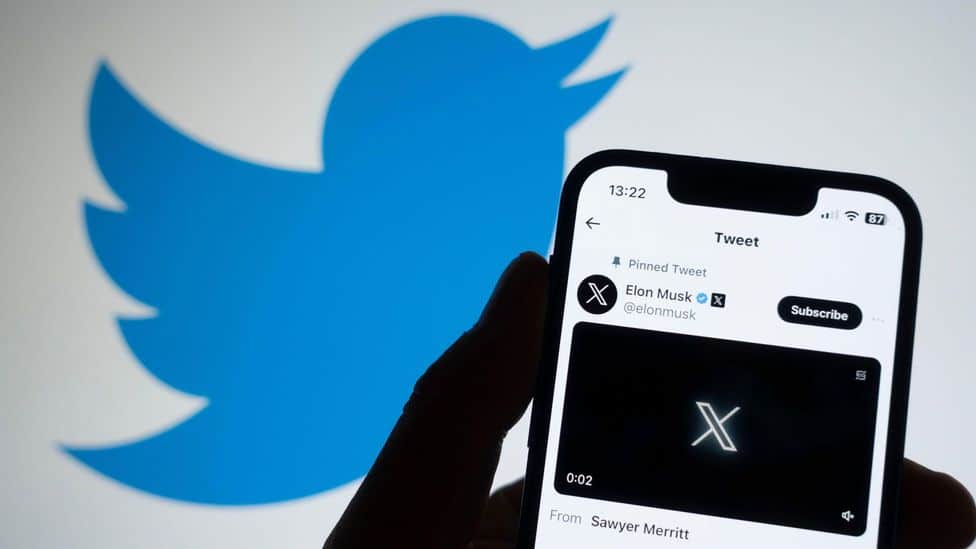Our country’s relationship with China is getting worse. We’ve seen how the administration blamed China for our country’s cybersecurity issues, and how we challenged their human rights abuses.
The US and China continuously fail to cooperate in making solutions for climate change, and the rumors about the Chinese military’s preparations for war become more real as news of more than a hundred missile silos surfaced in August.
The two countries continue to drift apart when it comes to the race towards advanced technology…
There’s a big chance that the US and China have a “technological decoupling.” This is defined as the “undoing of cross-border trade” in high-tech goods and services.
These countries are willing to separate their technological powers and resources from one another… because of their lack of “trust.”
During a House subcommittee hearing, Rep. Greg Stuebe asked the heads of Big Tech companies… whether they believe that the Chinese government is “stealing” from American companies.
And we don’t yet understand how this will affect the tech industry, and the market for staple tech products, most of which are made in China.
Facebook CEO Mark Zuckerberg shared his thoughts without hesitation. He said, “I think it’s well documented that the Chinese government steals technology from American companies.
Google and Alphabet CEO Sundar Pichai also don’t trust China that much. He said, “I want to acknowledge [the] record that I recalled in 2009. We had a well-publicized cyberattack originating there [in China]… which did exfiltrate some code from there.”
It won’t be surprising if the “technological decoupling” with China happens sooner rather than later. The Biden administration and Big Tech companies are doing a great job of pushing China further away from a US partnership on this front.
Instead of having a harmonious relationship and working together to make both sides better… They drifted apart because both countries flat out don’t trust each other.
US Treasury Secretary Janet Yellen thinks that full US-China “technological decoupling” isn’t wise. She said, “If we are too broad in our policies in terms of how we approach this, we can lose the benefits that come from having globally integrated technology systems… where advances in one country benefit countries worldwide.”
Economist Helge Berger also has the same thoughts. He said in an interview with Bloomberg Television, “Things could become more difficult if we allow technological decoupling to take place between the U.S. and China… So it is important that these two large, very important economies that are such a large part of where the global economy goes find a way to work together.”
According to the IMF, there will be a global GDP crunch with the US-China decoupling. Technological fragmentation could lead to losses of about 5% of global GDP.
Let’s not forget the inflation that Biden’s spending plan caused is progressively getting worse. In reality, our country isn’t prepared for the short-term economic pain without China.
Two of the biggest countries can’t share each other’s technology… because they don’t “trust” each other enough. What will happen to the US and China’s relationship with a possible “technological decoupling” in the future?




